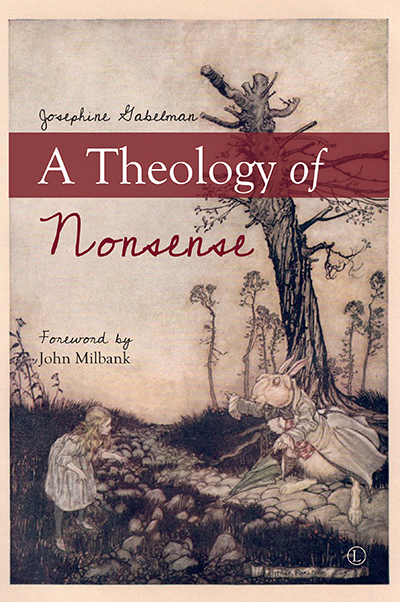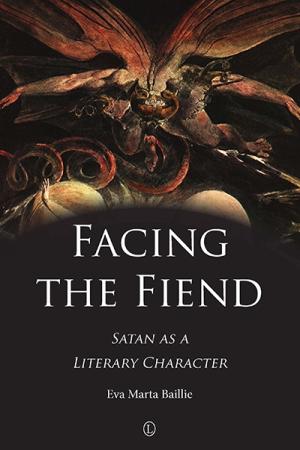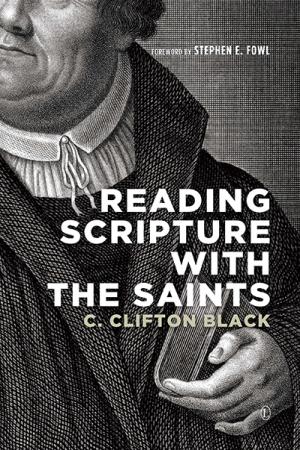Description
There is within all theological utterances something of the ridiculous, perhaps more so in Christianity, given its proclivity for the paradoxical and the childlike. Few theologians are willing to discuss how consent to the Christian doctrine often requires a faith that goes beyond reason. There seems to be a fear that the association of theology with the absurd will give fuel to the sceptic’s refrain: ‘You can’t seriously believe in all that nonsense.’ Josephine Gabelman considers the legitimacy of the sceptic’s objection and explores the possibility that an idea can be contrary to rationality and also true and meaningful using the systematic analysis of central stylistic features of literary nonsense such as Lewis Carroll’s Alice stories. Gabelman sets up a nonsense theology by considering the practical and evangelical ramifications of associating Christian faith with nonsense literature and, conversely, the value of relating theological principles to the study of literary nonsense. Ultimately, Gabelman says, faith is always a risk and a strictly rational apologetic misrepresents the nature of Christian truth.
About the Author
Josephine Gabelman teaches Philosophy and Religion at Eastbourne College, East Sussex. She received her doctorate from the University of St Andrews after completing a degree in theology at the University of Cambridge.
Contents
Foreword: Theology as Anastrophe by John Milbank
Acknowledgements
Prologue: Less Rational, But More Like a Ball
Introduction: A Brief History of Faith and Reason
Contemporary Cognate Projects
Part I: Christian Unreason
1. The Paradoxical
Nonsense and Paradox
Christianity and Paradox
Who is God?
How Can I Relate to God?
How Does God Relate to the World?
Conclusion: The Wait for Synthesis
2. The Anarchic
Nonsense and Anarchy
Christianity and Anarchy
The Two Realms
Theological Estrangement
Constructive Disturbance
Conclusion: “Embodied Twilight”
3. The Childlike
Nonsense and the Childlike
Christianity and the Childlike
Simplicity
Wonder
Trust
Make-Believe
Conclusion: “A childhood into which we have to grow”
Part II: Celestial Nonsense
4. Nonsense Theology
Jerusalem and Wonderland
The Logic of Nonsense
The Great Reversal
Salvific Extravagance
Evangelizing Nonsense
Conclusion: The Lunatic’s Risk
Bibliography
Index
Endorsements and Reviews
Josephine Gabelman exhibits a high-spirited belief that theological redescriptions of the world can disclose that world to us more fully. She combines a Wildean delight in pointing out the failure of narrowly conceived ‘realism’ as a literary method with a performance of what Dietrich Bonhoeffer once called ‘hilaritas’: in her case, a confidence that, in its radicalness, a Christian mythopoesis discloses the world’s truest and surest goods. A bold and exhilarating book.
Ben Quash, Professor of Christianity and the Arts, King’s College London
If this doesn’t disturb the frowning unibrow on our pallid hyper-rationalist foreheads, nothing will. I read it as an extended meditation on Chesterton’s insight that a maniac isn’t someone who has lost his reason, but someone who has lost everything except his reason. Gabelman, reminding us how there are more things in heaven and earth than are dreamt of in a world of iron logic, shows the value of nonsense without taking refuge in nonsense.
Michael Ward, Fellow of Blackfriars Hall, Oxford






